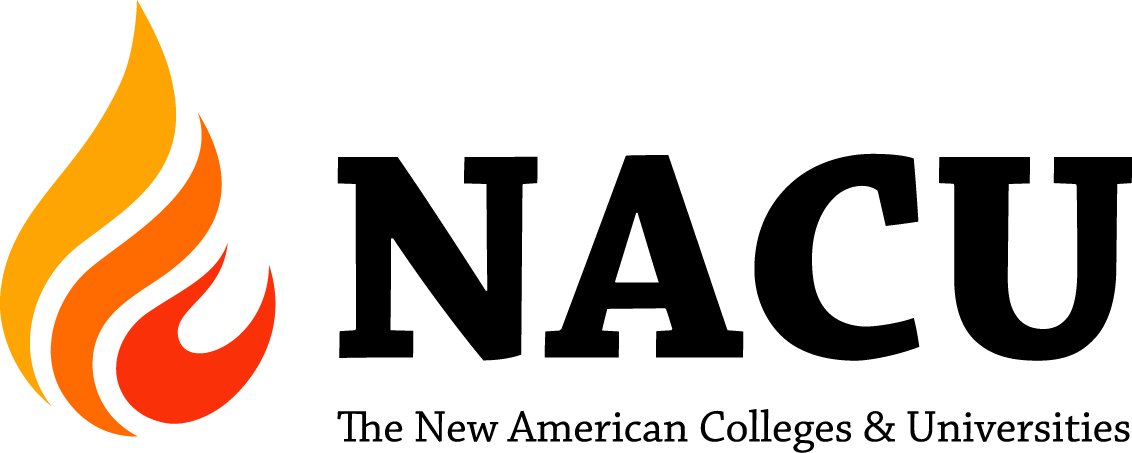English Majors Can't Get Jobs, and Other Fallacies
/Earlier this month, the Modern Language Association held their annual convention. The MLA is to English and Foreign Language professors, as the American Medical Association is to doctors. I have fond and harrowing memories of attending the MLA convention, as it's where English grad students go to hear from the stars in the field, but also where aspiring English professors go to interview. It's kind of a huge mess.
Anyway, one of the topics discussed at this year's convention was "selling the English major." I went into college as an International Relations major. I soon changed to English major because, in my first semester, I took a really difficult history class, found out I had to take Economics to be an IR major (and I didn't want to, which was a mistake in retrospect), and took an English class that was revelatory: it was fun, made me improve my writing quickly and markedly, and introduced me to writers whom I continue to this day to revere and return to, like Virginia Woolf and D.H. Lawrence.
When I became an English major, I didn't really think about what I would "do" with it: I just knew I liked reading and was good at writing about what I read. I know now that I was perhaps being foolish (or at least not forward-thinking) and benefited from the luxury of having my college paid for by my parents, and thus not having to pay back student loans as soon as I graduated.
However, from my previous work with students and talking to students now, I do wish more students would consider a bit more how much they actually like their major, and not just how much they think they will earn from it. First, as one MLA attendee mentioned, "students who love their majors are more likely to succeed": if you hate what you're doing, you're not going to do well at it. Second, certainly some majors will go on to make more than other majors, but just having a degree will likely ensure you will make a good living; one enormous misconception students have is that employers care a lot about what you major in: they typically don't.
Regarding specifically the English major (and, really, other traditional liberal arts majors), it gives you three skills that will help you in any workplace. The first is the ability to communicate well, especially in writing. Every employer wants that. The second is the ability to think critically, which will put you in good stead for a future where jobs we can't even imagine will exist; a friend of mine is an "internal social media manager" for a major pharmaceutical firm--that job didn't exist three years ago. One professor
spoke of the need to constantly be talking with students and parents about the many paths for English majors. She said that means not only the student who goes on to become a published poet or to earn an M.F.A. (although she talks about them, too). It also means the insurance agent and real estate agent who use critical reading and thoughtful writing in their jobs.
Finally, an English major will make you a better person; or, at least "research shows that those who read literature have more empathy for fellow humans than those who don't read." Will that show up in the statistics for highest salaries? No, but it will show up in the quality of life you will have, which has to be considered.
I'm really not saying that everyone should become an English major (though many more should!): what I am saying is that your choice of major is less important than doing well in school, learning about who you are and what you want to do, and gaining experience to show future employers that you are ready (and willing) to work hard. A certain major is not going to get you a job, just as an English major will not make it hard for you to get one.
As Virginia Woolf says, "Growing up is losing some illusions, in order to acquire others."


